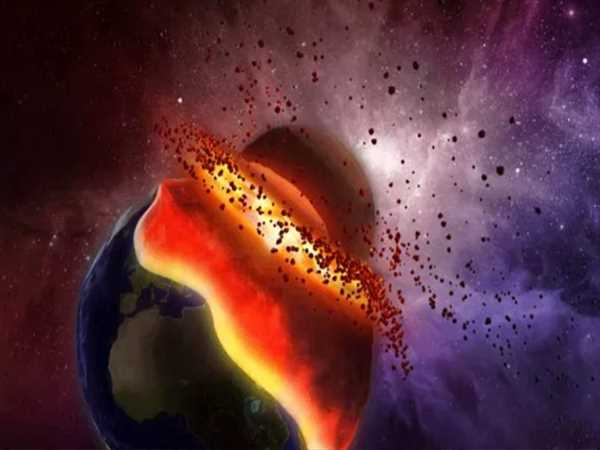One of the most fascinating mysteries of the universe is why its objects don’t seem to collide with each other. After all, every object in the universe exerts a gravitational force on every other object, as described by Newton’s law of universal gravitation. Given the immense distances between stars and planets, this gravitational force should be very weak.
So why don’t all stars and planets collide?
The answer to this question lies in the fact that gravity is a very weak force. Gravity is a relatively weak force compared to the other forces in the universe and it is relatively short-range, meaning that it only affects objects that are relatively close together. Therefore, the objects in the universe generally have enough distance between them that their gravitational forces are not strong enough to pull them together and cause them to collide. This means that the gravitational force between two objects is only significant when they are very close together. On the other hand, stars and planets in our universe are typically separated by astronomical distances. As a result, the gravitational force between them is simply too weak to cause a collision.
In addition, most objects in the universe are in motion. Even if two objects had the same gravitational force acting on them, they would still need to be moving in the same direction and at the same speed in order for a collision to occur. Since the objects in the universe are moving in different directions and at different speeds, this means that they are unlikely to collide. Most stars and planets are orbiting around a central point, such as the sun in the case of Earth, with their motion governed by the laws of gravity. This means that any two objects in the universe will rarely be in the same place at the same time, further reducing the chances of a collision.
Finally, it’s important to remember that the universe is constantly expanding. This means that the distance between two objects is constantly increasing and so the gravitational force between them is also weakening. As a result, the chances of an accidental collision between two objects in the universe is extremely unlikely.
In summary, the reason why all of the stars and planets in the universe have not collided is because of the relatively weak force of gravity, the different motions of the objects in the universe, and the expanding nature of the universe itself. By understanding these factors, we can gain insight into how the universe works and why collisions between objects are so rare.
